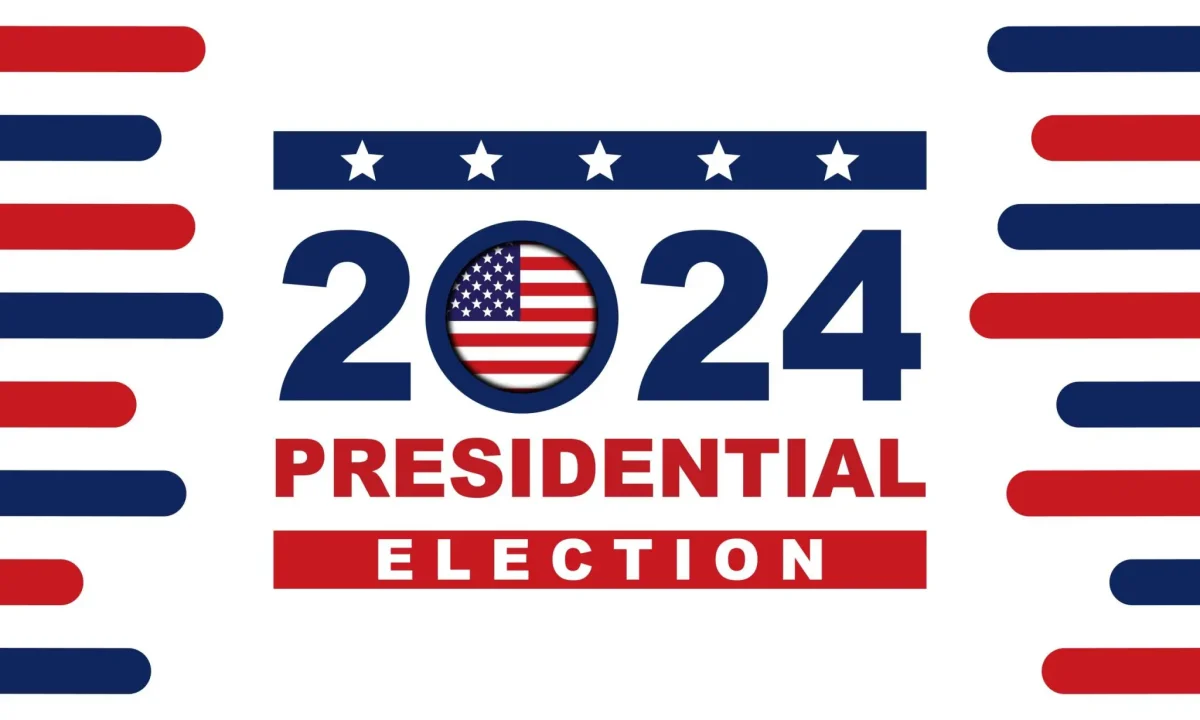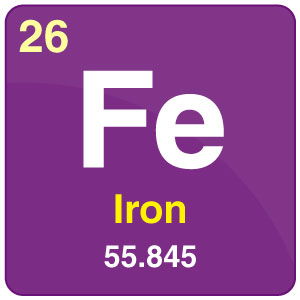Something I have thought about recently is “how are readers in America consuming their news?” I discovered that a surprising number of people simply do not even get past the headlines.
Headlines are the first point of interaction between the news and audiences, and the power they hold is something that is often overlooked. I believe that as the heralds of information, journalists and media outlets are responsible for crafting headlines that accurately represent content while engaging readers in a balanced and ethical manner. Take, for example, the contrast between these headline structures from Fox News, “Former FBI official sounds alarm on Biden’s border, could lead to 10/7-esque attack in US,” versus The New York Times, “Biden Vows Border Shutdown, Pressing Congress to Pass Immigration Deal.” The issue of emotionally charged headlines needs to be addressed so that a healthy information ecosystem may exist.
In recent years, there has been a significant shift in how readers access news. Increasingly, individuals are turning to social media platforms instead of traditional news formats, with 30% of people now obtaining their news solely through apps such as Instagram, according to The Reuters Institute. This change has only further amplified the power of headlines due to the nature of how scrolling through social media works.
Social media encourages headline-focused browsing habits by design, as evidenced in a study by ACM Sigmetrics that found a staggering 59% of social media users never even open the links they share. This results in outlets relying more and more heavily on emotionally charged headlines in order to garner interactions, especially when they are advertisement-based. My concern is that this means readers are being deprived of the full context and often relying on somewhat sensationalized headlines to get their news.
Emotional language in headlines also affects a reader’s ability to discern the credibility of a source. This is very worrisome when taking into account the prevalence of emotionally charged headlines and disinformation. Take, for example, anti-vaccine conspiracies, which often use emotional language with messaging that generates fear, such as this one by Fox News, “COVID vaccine push is ‘anti-human,’ says Florida surgeon general: ‘Major safety concern’.” Research shows that fear-inducing messages more easily change people’s minds. Positive and negative language in headlines has also been shown to significantly affect a reader’s judgment toward the topic at hand, especially when it comes to social judgments, which creates the perfect tool to manipulate the public.
Readers are also more likely to read articles with headlines they already believe are true. This means that if an individual believes in harmful ideas, then they are more likely to read articles related to their viewpoint on the subject, creating a positive feedback loop where readers continually seek out and are exposed to views that reinforce their beliefs, further entrenching them. This may help explain partially how the internet has allowed for such an increase in extremist ideals in the last couple of years.
All of this raises ethical questions about how news organizations should be wielding headlines. Rather than relying on emotionally charged statements, I believe that there is a growing argument for more direct, informative headlines that are less likely to mislead readers. If news agencies would be more responsible and take this step, it would help keep the public more well-informed and protected from false information.














